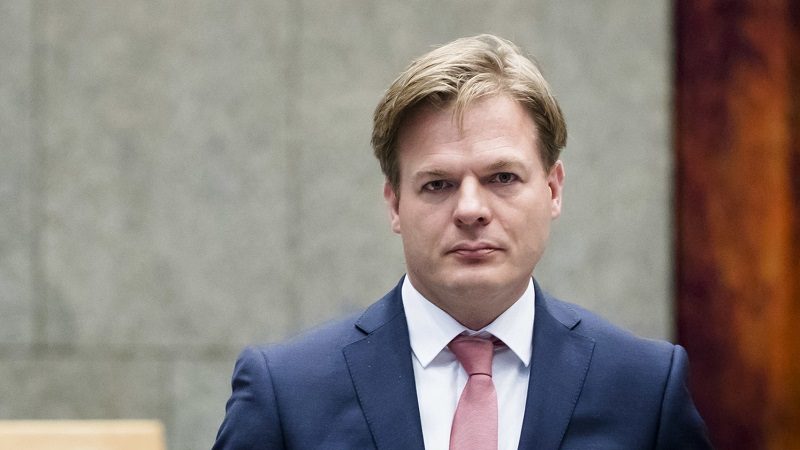A Special Rapporteur appointed by the Council of Europe has been granted special permission to listen to witnesses with any information about the murder of journalist Daphne Caruana Galizia without revealing their identities.
Pieter Omtzigt, who is in Malta this week to look into the investigation into how and why Caruana Galizia was murdered, said in an interview with the European Centre and Press Media Freedom that it was the second time in history that this special concession was granted.
The last time such this secure confidential process was used was in the investigation of the secret “extraordinary rendition“ flights which the US Central Investigation Agency (CIA) used to smuggle terrorism suspects out of their home countries via European airports to face torture at the Guantanomo Bay American interrogation centre in Cuba.
“I am working under the assumptions that the murder was planned and premeditated long in advance; that the persons ultimately responsible for Caruana Galizia’s death were motivated by her investigative work; that the three arrested suspects were most likely acting under instructions,” he told ECPMF.
He believes that, through offering anonymity, people who have information about Caruana Galizia’s death but never came forward will do so.
During the investigation the committee will hear all sides of the argument. The Maltese government will put its arguments before the Legal Affairs committee of the Council of Europe’s Parliamentary Assembly in Strasbourg in January (PACE).
The Caruana Galizia family lawyers have called on the Prime Minister to open a public inquiry into her death – a call that was echoed by the ECPMF and other international NGOs who recently visited Malta in a fact-finding mission.
Omtzigt also requested an opinion on the rule of law in Malta by the Venice Commission, which will focus on whether there is independence from political influence or influence of the Maltese judiciary and police.
A week later, the Maltese government said they were also seeking advice from the Venice Commission.
A similar Venice Commission inquiry was established when the Polish government made wide-ranging changes to its judiciary in 2016, and led to Poland being censured under by the European Parliament under Article 7 of the Treaty of Rome.
Omtzigt was also Rapporteur on the politically-sensitive case of the 2010 fatal Polish Air Force plane crash at Smolensk where Polish President Lech Kaczinsky was amongst the 96 people killed, amidst accusations of Russian involvement. His report was unanimously approved.
He also led the Council of Europe’s scrutiny of the 2016 revelations of widespread surveillance of European citizens by foreign intelligence services, revealed by the whistle blower Edward Snowden.
(Interview with Pieter Omtzigt was conducted by ECPMF)












